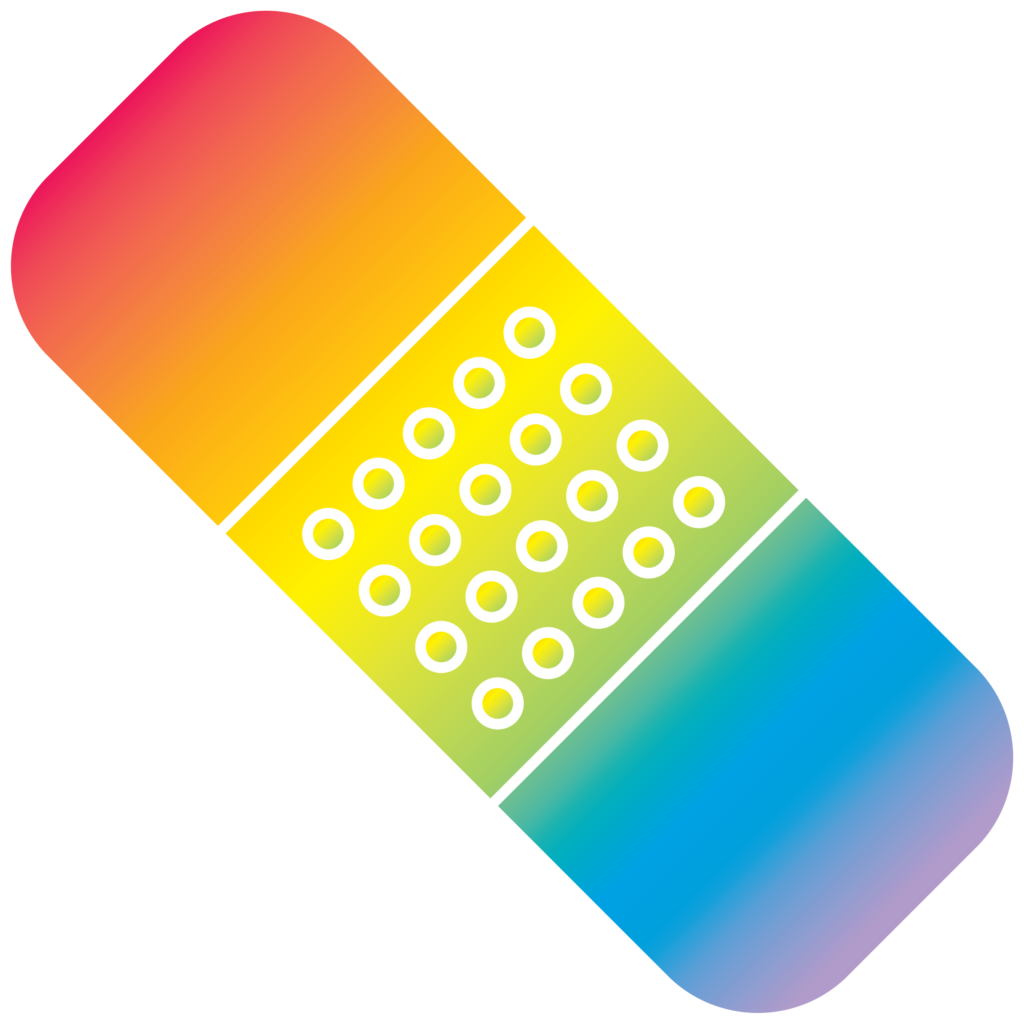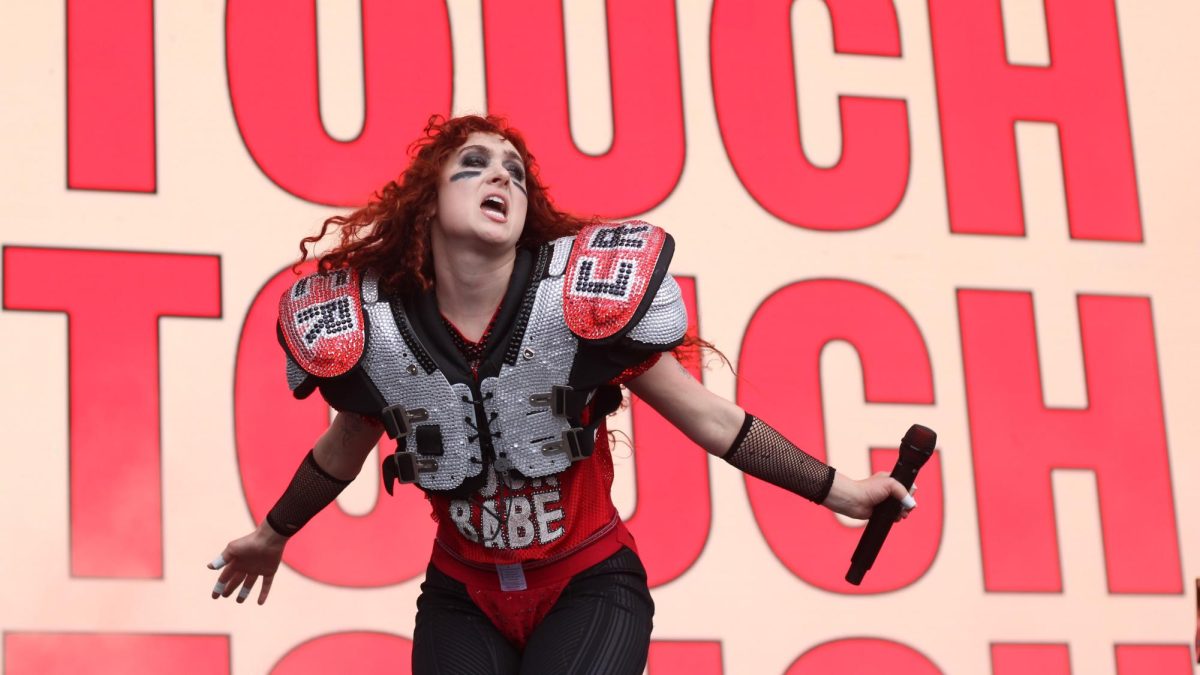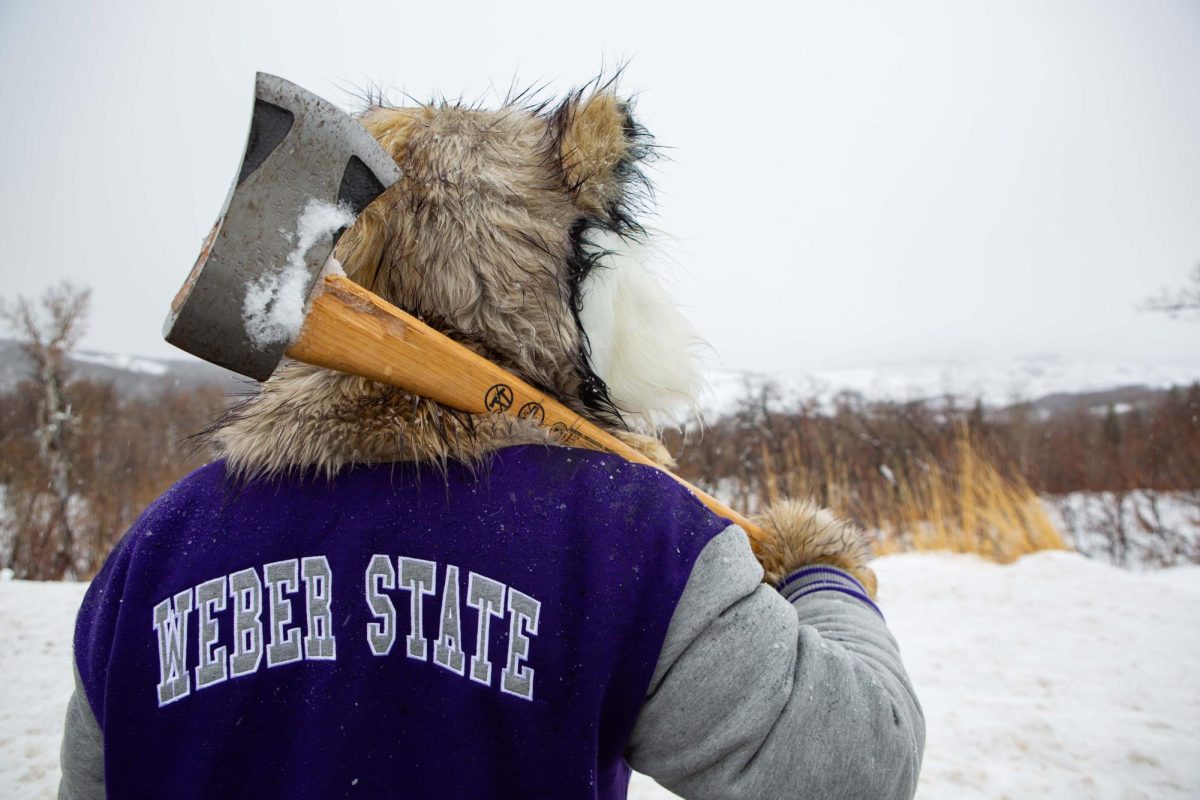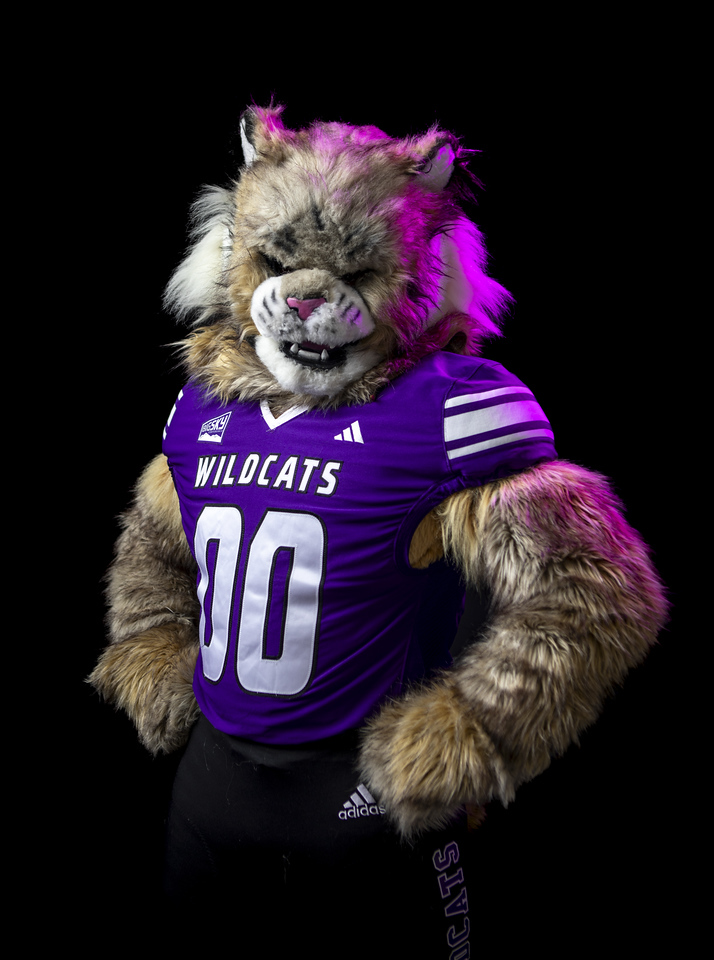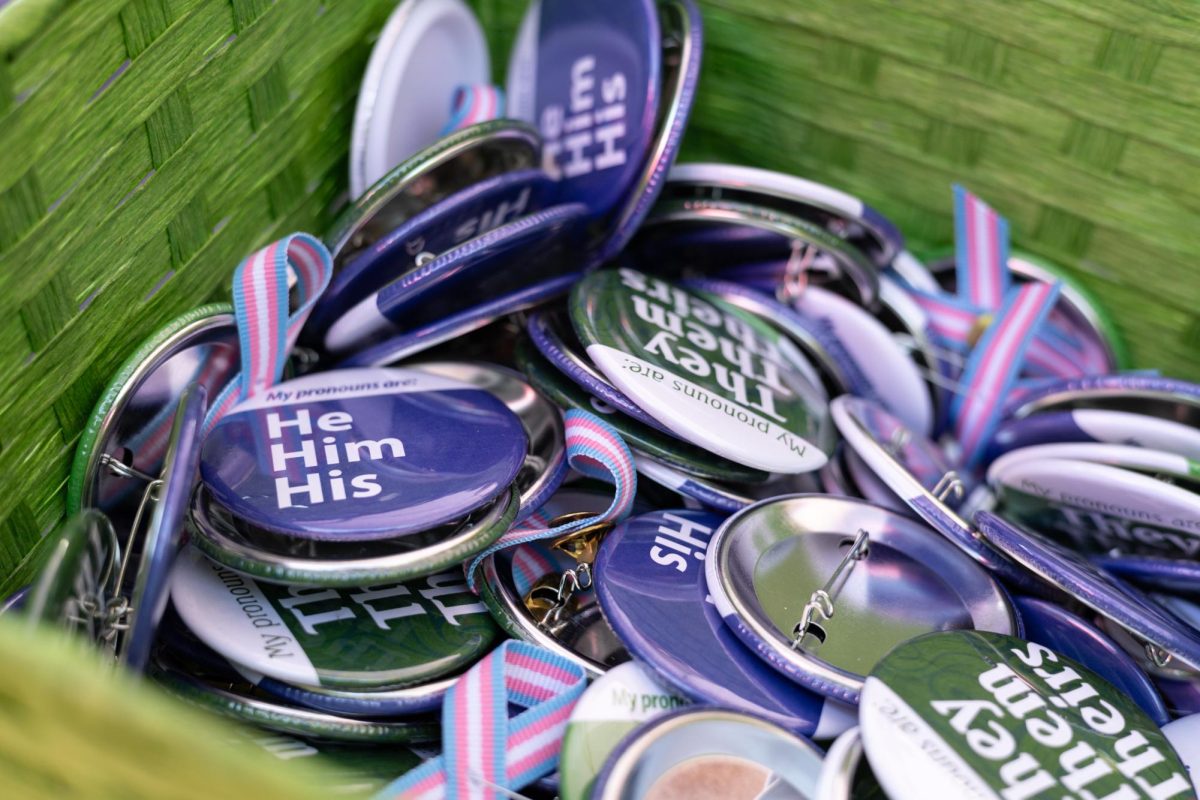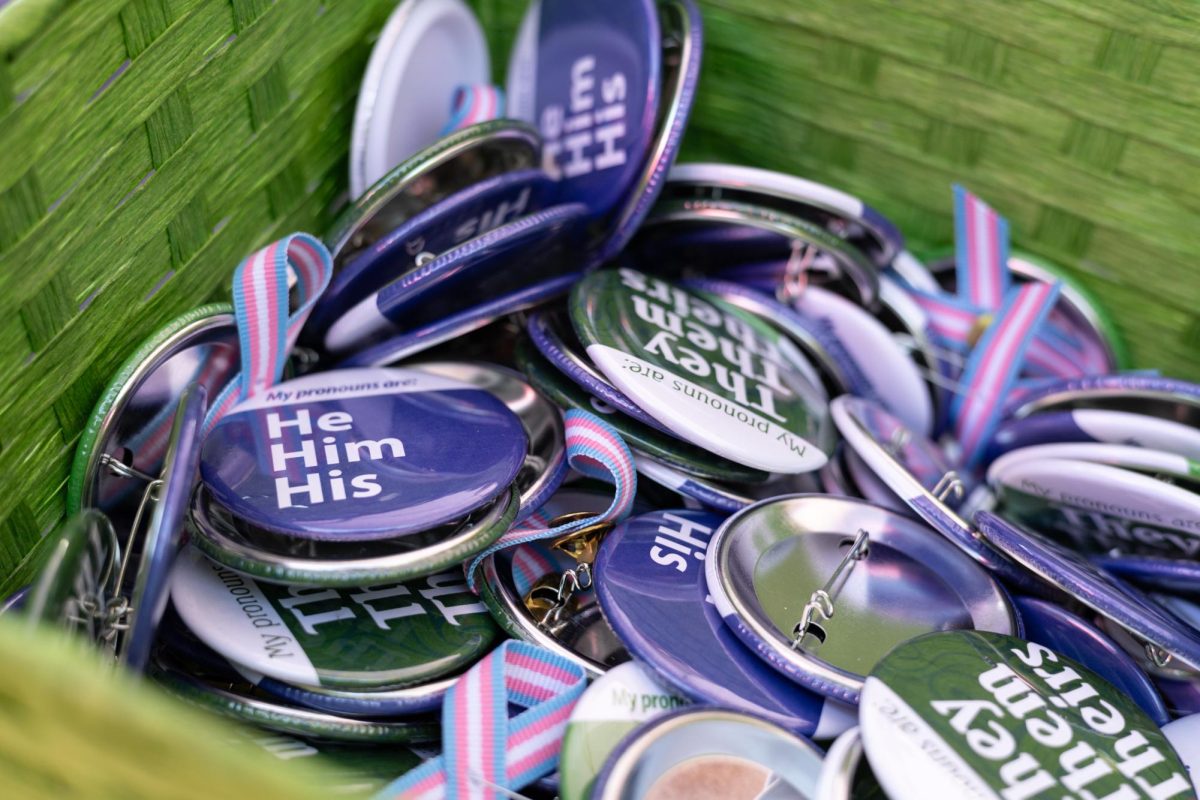Rainbow flag banners, a rainbow-hued trailer park and some of the most prominent Hollywood LGBT members set the scene for Taylor Swift’s latest music video, “You Need to Calm Down.” After years of silence on issues that affect some of her fans, Swift brands herself as an ally, conveniently during Pride Month.
Swift’s video ends with a call-to-action, asking fans to demand laws that treat citizens equally and prompting followers to sign her petition for Senate support of the Equality Act. According to NBC News, GLAAD — Gay & Lesbian Alliance Against Defamation — has received an influx of $13 donations since Swift’s video released. Thirteen is a nod to Swift’s favorite number.
Working with LGBT Hollywood elite, performing at the Stonewall Inn and making donations to LGBT does benefit the LGBT community in creating awareness, but Swift’s moves feel overly-calculated.
Pride Month is rooted in the struggles of overcoming prejudices. On June 28, 1969, New York City police raided the Stonewall Inn, a gay club. During this time, soliciting same-sex relations and “wearing less than three gender-appropriate articles of clothing” was illegal, according to History. Places like the Stonewall Inn were a place of refuge from the shackling laws that forbid people from being authentic to themselves.
The raid led to six days of protests and clashes with law enforcement known as the Stonewall Riots. It is because of transgender women of color, like Marsha P. Johnson, leading the Stonewall Riots that Pride Month and organized LGBT rights movements began.
Fifty years removed from the catapulting event, Swift and corporations are using Pride Month as a branding opportunity with a means for revenue.
Swift’s “You Need to Calm Down” begins with a mention of the constant online harassment she has experienced. The song goes on to critique harassment of LGBT people, letting the listener know she is specifically singing about the community through the mention of GLAAD and the lyric “shade never made anybody less gay.”
To some, Swift’s mention of her own harassment and that of the LGBT community is not equal. While Swift’s feelings about the hate she receives are valid, the road to acceptance of LGBT people has been tumultuous and deadly for many members of the LGBT community.
In 2018, 26 transgender people suffered violent deaths in the U.S., according to the Human Rights Campaign. A majority of those affected are black trans women. Equating Swift and LGBT people’s struggle in the same song is disingenuous.
This song and music video will possibly reach people who have not heard or seen visuals like those in “You Need to Calm Down.” Unfortunately for Swift, cladding yourself and your surroundings in rainbow does not make you a gay icon. However, Swift is not the only one utilizing pride-friendly imagery.
American Airlines changed its Twitter profile picture and header to rainbow-hued versions of its logo with the hashtag and tagline “Cleared for Love”. Listerine released a Pride-inspired mouthwash bottle. H&M unveiled the “Stay True, Stay You” collection, with 10 percent of global sales of the line supporting United Nations’ Free & Equal Campaign.
While many of these marketing tactics look like solidarity, the actions of companies say otherwise.
Victoria’s Secret released a line of clothing and accessories for Pride Month with the purpose of “serving rainbow realness.” But, the company was under fire in Nov. 2018 due to Vice President of Public Relations Ed Razek’s comments about including transgender models in shows.
“Shouldn’t you have transsexuals in the show? No. No, I don’t think we should,” Razek told Vogue in 2018. “Well, why not? Because the show is a fantasy. It’s a 42-minute entertainment special. That’s what it is.”
Recently, in an email sent to customers, Victoria’s Secret said it would make a $100,000 donation in celebration of Pride Month but did not disclose which organization they selected.
YouTube made its logo rainbow-themed. Meanwhile, YouTube hurts its LGBT creators by demonetizing their content in order to appear more family-friendly to potential advertisers. Currently, any content tagged LGBT will automatically be deemed adult content.
In late May, Donald Trump’s online shop had a “LGBTQ for Trump” rainbow shirt for sale; it has since been removed. Trump — who banned transgender troops, who has not officially announced Pride Month during his time in office, and who prohibits American embassies from flying LGBT flags — wants LGBT people’s money.
For many of these companies, the LGBT community is an easy demographic to target. But for others, like Taylor Swift, they do want to show that they stand with the LGBT community. However, the LGBT community is more than a rainbow flag and glitter.
Changing logos to rainbow mode or donating 10 percent of sales you are accumulating is great, but there could be more.
There are a myriad of issues LGBT people face that are not well-known because corporate support is often shown by writing a check. LGBT youth face higher rates of homelessness, and the Gay, Lesbian and Straight Education Network found six in 10 LGBT student feel unsafe in school. LGBT people are more at risk of being victims of hate crimes.
The 10 percent donations do help, but the LGBT community would benefit from discussions and effective laws that enact equality. What Swift and companies are doing for Pride Month is commendable but simply not enough.


